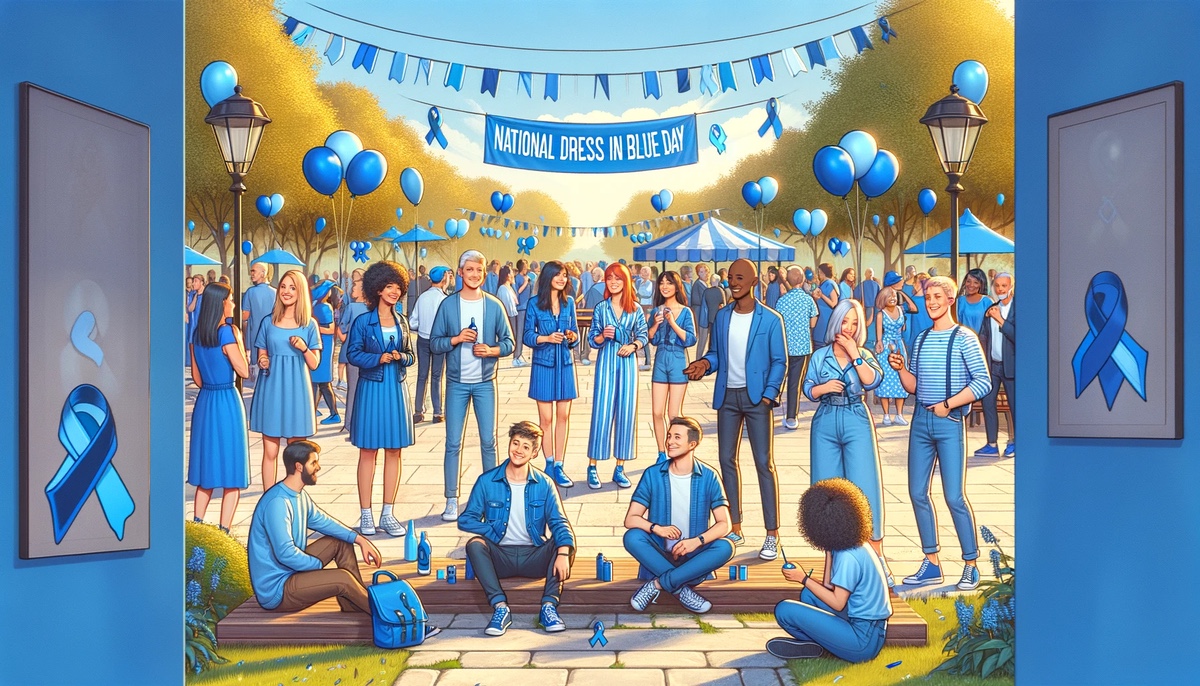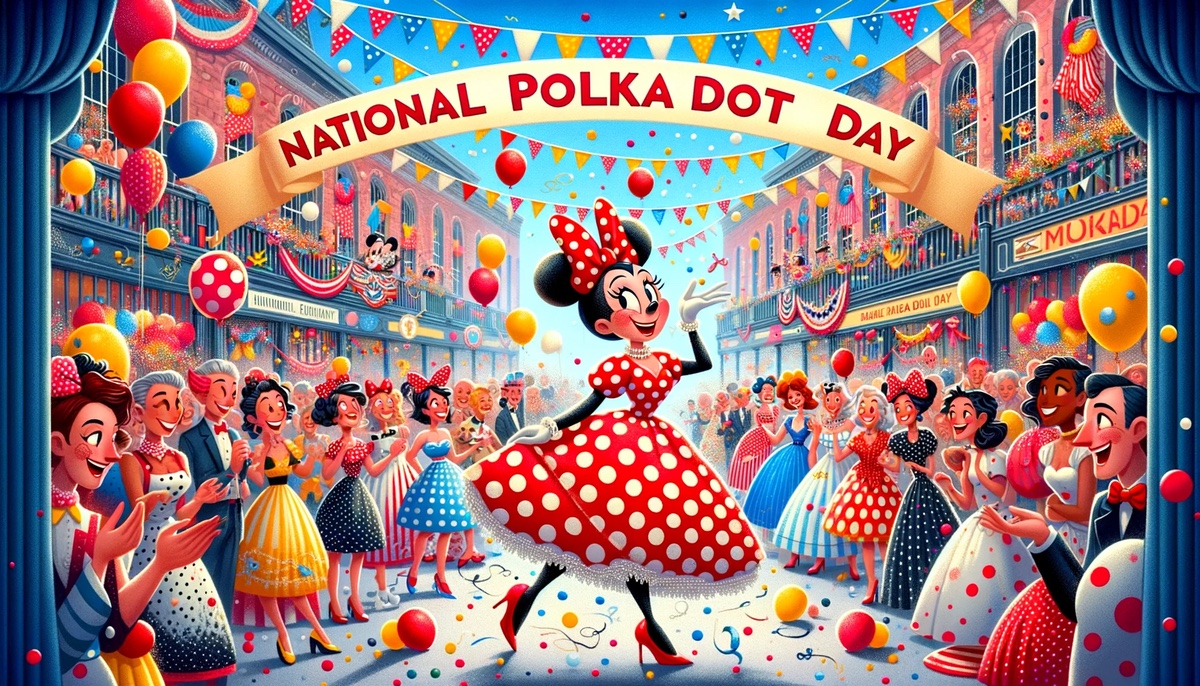Anyone who knows me has possibly noticed that I wear blue almost every day. I think probably 95% or more of my clothes are blue. My car is blue, several rooms in my house are blue.
Apparently, this national holiday was started to raise awareness about the causes of colon cancer and how to prevent it. I always figured I’d get colon cancer, not the kidney cancer I did get. My mom, dad and an aunt all had colon cancer – twice each. Only my mom survived. She was also the only survivor of a drug trial. My mom turned 100 in October – what a fighter!
In the heart of a survivor, amidst the echoes of loss and the courage of enduring, Anita Mitchell, a valiant stage IV colon cancer warrior, conceived the transformative idea of National Dress in Blue Day. Haunted by the shadows of her father and a dear friend succumbing to the same stealthy foe, Mitchell was galvanized by a piercing insight: these losses, so profound and personal, could have been averted. With a resolve as unyielding as her spirit, she set out to forge a beacon of awareness in the murky waters of colon cancer ignorance.
In 2006, with a blend of maternal instinct and missionary zeal, Mitchell orchestrated a day of solidarity at her children’s school. It was a day where the innocence of childhood donned the mantle of awareness, with students cloaked in hues of blue, each contributing a dollar to the cause—a symbolic act that wove together the threads of community, empathy, and action.
This spark of inspiration, nurtured by Mitchell’s unwavering dedication, caught the attention of the Colon Cancer Alliance. By 2009, under their stewardship, Dress in Blue Day blossomed into a nationwide clarion call, not just to raise awareness but to honor the resilience and battles of those touched by the disease. The Alliance championed a proactive stance against colon cancer, advocating for regular screenings as a lighthouse guiding individuals away from the treacherous cliffs of advanced diagnosis. Screening, they emphasized, was not just a procedure but a lifeline, capable of reducing the specter of colon cancer deaths by an astonishing 60%.
Armed with knowledge and the power of prevention, the campaign illuminated the truth that most colorectal cancers are not invincible foes but adversaries that can be outmaneuvered. Simple lifestyle shifts—a tweak in diet, a commitment to physical vigor—emerged as silent guardians against the onset of colon cancer. National Dress in Blue Day, thus, stands as more than a day of remembrance; it is a movement of empowerment, a testament to the belief that awareness can kindle the flames of change, transforming the narrative from one of loss to one of hope and proactive living.



